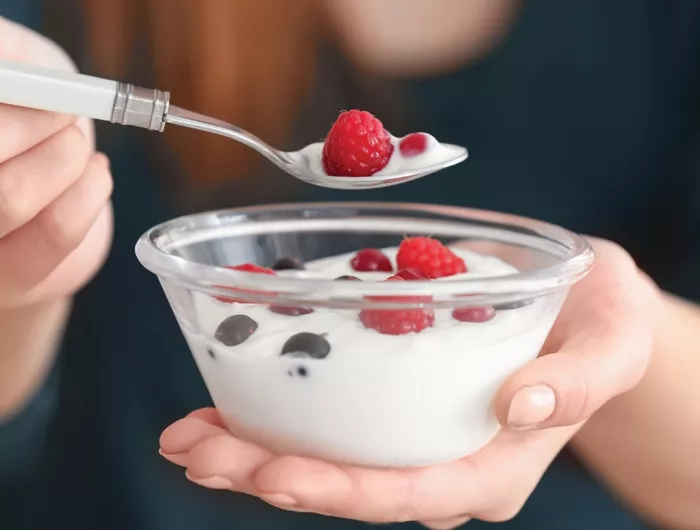Quick Studies: A snapshot of the latest research on diet, exercise, and more

Vitamin B-12 & Stomach Acid

Too little stomach acid can lead to a vitamin B-12 deficiency, which can cause dementia.
Researchers measured B-12 levels in roughly 3,300 people aged 60 or older. Roughly 37 percent of them were taking proton-pump inhibitors (PPIs) like Prevacid to reduce stomach acid. Another 15 percent produced low levels of stomach acid due to atrophic gastritis (thinning of the stomach lining due to inflammation).
Low B-12 status—though not a true deficiency—was found in 38 percent of those with atrophic gastritis, 21 percent of PPI users, and 15 percent of others.
What to do: Over 50? Since atrophic gastritis is more common in older people and most don’t know they have it, follow advice from the National Academy of Sciences to take at least 2.4 micrograms a day of vitamin B-12 from a supplement or fortified foods. That form of B-12—unlike the naturally occurring B-12 in meat, dairy, and eggs—can be absorbed without stomach acid.
Am. J. Clin. Nutr. 2021. doi:10.1093/ajcn/nqab193.
Some Like It Hot

When people were randomly assigned to imagine that they were going to order a cold—rather than hot—sandwich, they were more likely to also imagine ordering chips or a soda.
What to do: Be aware that you may subconsciously assume that cold food is less filling.
Appetite 2021. doi:10.1016/j.appet.2020.105069.
Dairy & Breast Cancer

Heard that dairy foods raise the risk of breast cancer? Relax.
Researchers pooled data on 1.1 million women in 21 studies who were followed for 6 to 20 years.
The scientists saw no clear link between dairy foods and breast cancer overall. However, women who consumed at least 2 oz. of yogurt a day had a 10 percent lower risk of estrogen-negative breast cancer than those who ate none. And women who ate at least 1 oz. of ricotta or cottage cheese a day had a 15 percent lower risk.
What to do: It’s too early to know if something else about yogurt, ricotta, or cottage cheese eaters lowers their risk of breast cancer. But don’t worry that dairy raises risk.
Am. J. Clin. Nutr. 2021. doi:10.1093/ajcn/nqab097.
Do the Fidget!

If you’re sitting for hours at a time, even 2 minutes of light exercise every 20 minutes or so can help keep a lid on blood sugar after a meal.
But what if you’re stuck in your seat?
Researchers had 20 people with obesity sit for 3 hours after consuming a glucoseladen drink on two separate days. On one of the days, they were told not to move their legs. On the other, they were told to fidget—that is, they tapped both heels and bounced both knees—for 2½ minutes, then rested for 2½ minutes, on and off for 3 hours.
The results: blood sugar and insulin levels were both significantly lower during the fidgeting than when they sat still.
What to do: Stuck in a seat—at work, in a car, on a plane, or elsewhere—for hours? Try tapping your heels and bouncing your knees. It might help if you’ve got some good music to fidget to.

